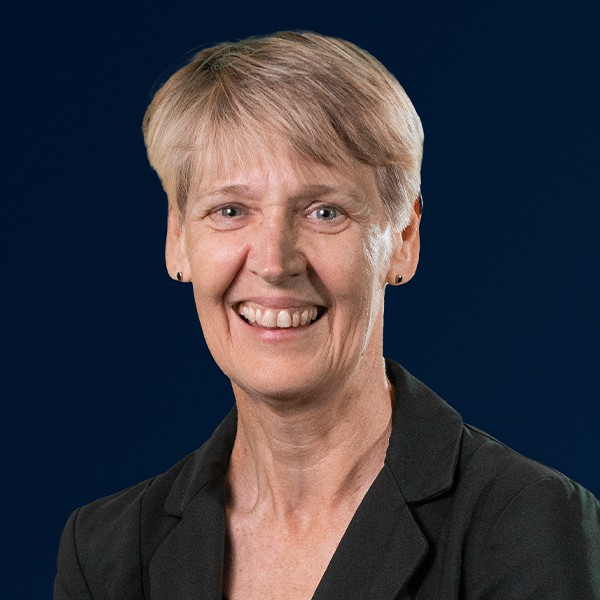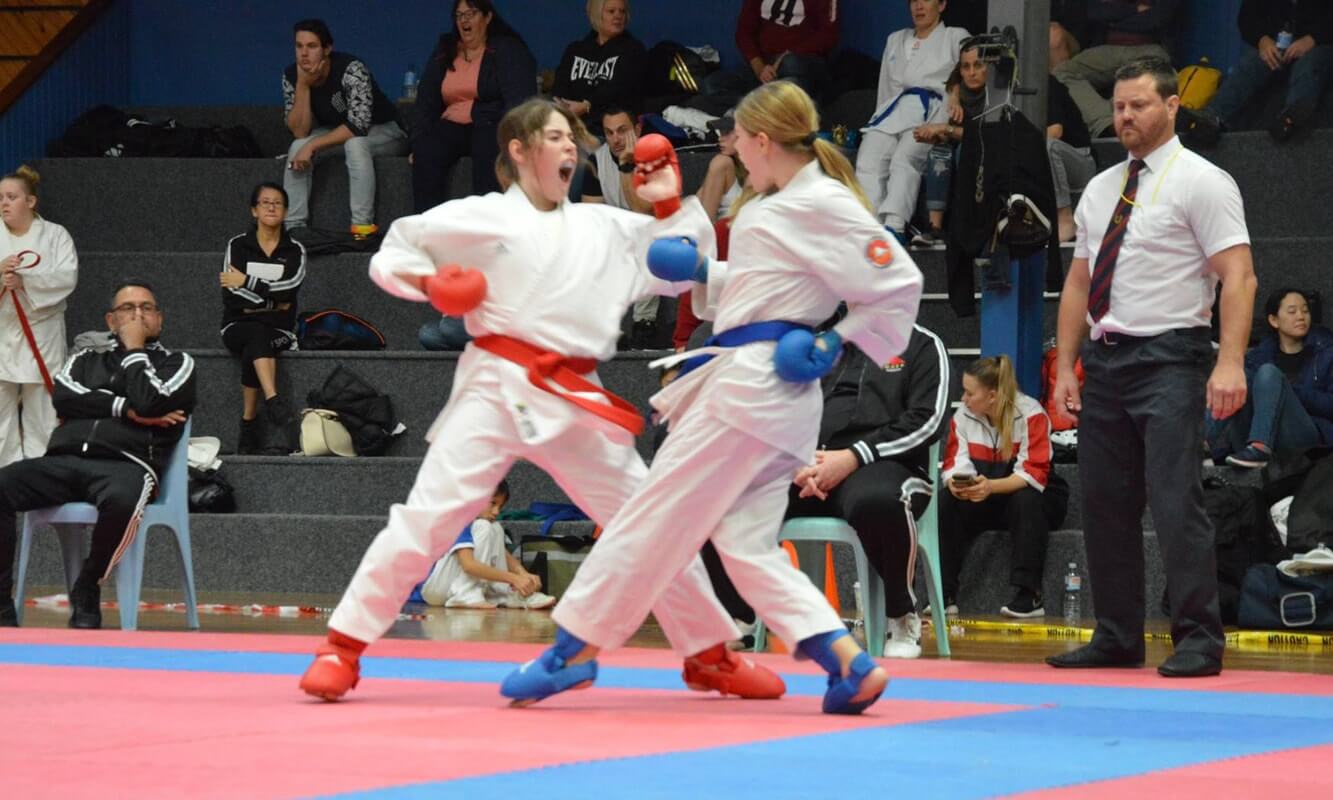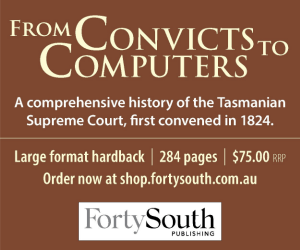Nicholas Collier really know the meaning of ‘defence’ as a lawyer and a karate judge or referee.
During business hours, Nicholas works at the Legal Services Commission. Outside of business hours, he volunteers as a judge for the Australian Karate Federation and as referee with the Queensland Karate Association.
Not surprisingly, Nicholas was first inspired to take up karate after watching the iconic 1984 “wax on, wax off” hit movie.
“I watched The Karate Kid when I was younger, 12, and thought it would be fun to learn a sport that taught life lessons through fighting,” he recalled. “Like if you were Rocky, an intelligent fighter with a good mentor.
“I used to compete in Queensland grappling and against other dojos – but the competition element, for me at least was always less important than achieving the ultimate goal which is the best result, putting in the most effort, with the given set of circumstances.
“To stretch an analogy, a good fight will always involve good competitors doing their absolute best to win, a result concomitant with justice will always be superior if conducted in a collaborative effort between colleagues to determine, with greatest veracity, what actually happened, and what ought to come of it.”
Nicholas said skills learnt in the legal profession did translate to the sporting ring.
“Both are disciplines designed to help yourself and help others – they don’t need to be distinct,” he said.
“Engaging with the community through a regular training enriches yourself – physically through training, mentally through steady repetition – and others – through volunteering, for example through instructing or tutoring, and in different capacities, like cooking something for the club’s bake sale.
“Legal work requires confidence in yourself and the argument you have constructed. It is gravely important, and can be scarily casual, to do this because it is for the benefit of a fellow person in the community, when their future is in your hands.
“To succeed in court requires a similar, necessary, self-confidence that it takes to win a fight. Karate encourages awareness of the strengths and weaknesses of oneself and the opponent.
“To win a competition requires respect for the other side. It requires respect for their legal method and understanding of their strengths, but also a respect for them and awareness that they are human beings who are vulnerable under the terms of the court, or the competition mat.
“Both encourage discipline, taught by people that care about the community, informed my procedure. Competition teaches that there is no single solution to a problem – because every case, like every opponent, is different. These both inform legal practice.
“Legal practice reinforced, for my martial arts, that it is always possible to get better through sheer consistent practice. Simply enjoying what you do makes it easier to do.
“Both taught me that there can always be someone better. So being humble as a lawyer and as a fighter can be useful.”
And he has similar goals in karate and law: “To be the best, to teach and learn with other people, and to help others achieve”.
And Nicholas is committed to helping others, participating in volunteer work with St John’s Ambulance since 2009, the Red Cross and Duke of Edinburgh volunteering.
“It doesn’t take much time, really, to contribute. You can run a sausage sizzle near a Bunnings for a few hours on a weekend, or provide basic first aid options at a sporting event, or participate in pro bono legal work,” he said.
“All three are available to a lawyer, even if the last one is specific to being a lawyer. These good works were around me in the community, and it was easy to sign up, so it felt comfortable to do so. I get epilepsy, so it can be cumbersome to drive to events sometimes, but that is only a small reason and is certainly not a justification or an excuse (at least to me) for me not giving back to the community.”
And how does he find time to do so much community work?
“Try to organise it so that everything I do, and at all times, is what I want to do and something that will make me a better person. If I’m not studying/CPD, then I will write, or play guitar, or paint, or hang out with my wife. It’s great, because I get to do everything that I can.”
Nick said his motivation to practise law was to help people, having previously worked with Caxton Legal Centre, the LGBTI Legal Service, and the Refugee and Immigration Legal Service.
“Others around me showed me how it could be done well to allow others access to justice – and it never made sense to me not to do that,” he said.
And Nicholas is doing just that – not only in the court but in the community and karate ring.
















Share this article